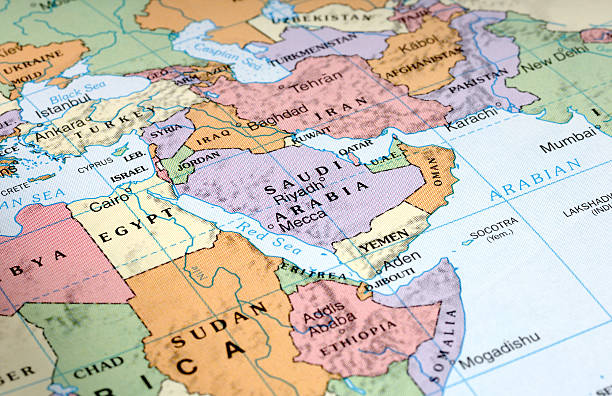
The war in Syria appears to be coming to an end. During the past eight years, it was migration which led to internal political challenges for European governments and to divisions within the EU. Now it is ISIS wives and fighters returning home. The prospect has preoccupied Western security services and thinks tanks for long, but it was Shamima Begum who triggered the public discussion. Since the UK has no diplomatic or consular personnel in Syria security minister Ben Wallace said he would not put officials’ lives at risk to rescue UK citizens who went to Syria and Iraq to join Islamic State, adding “actions have consequences”. Many in the UK are said to oppose the return of ISIS fighters. Others believe the UK cannot refuse the return of UK citizens.
ISIS wives’ returning home is only the tip of the iceberg. Last week President Trump urged Britain, France, Germany and other European countries to take back over 800 ISIS fighters captured in Syria and put them on trial. In a tweet, he said, “The U.S. does not want to watch as these ISIS fighters permeate Europe, which is where they are expected to go. We do so much, and spend so much – Time for others to step up and do the job that they are so capable of doing. We are pulling back after 100% Caliphate victory!”
Even those 800 ISIS fighters are not the end of the story.
On August 24, 2018, Foreign Minister Lavrov, responding to a question on Idlib at a news conference in Moscow following talks with Turkish Foreign Minister Çavuşoğlu said, “… There are several tens of thousands of militants from the so-called Hayat Tahrir Al-Sham, formerly Jabhat al-Nusra group, who are trying to control this entire territory and hamper the efforts, in particular, undertaken by Turkey to separate healthy opposition from terrorist groups…”
And on September 7, 2018, the BBC reported that up to 30,000 rebel and jihadist fighters were believed to be in Idlib with an estimated 10,000 of them under the command of Hayat Tahrir al-Sham (HTS).
On February 14, at a news conference following the Sochi trilateral summit, President Putin said, “… We also need to agree on how to provide for the final de-escalation in Idlib. We are managing the ceasefire in the province, but that does not mean we have to accept the presence of terrorist groups in Idlib. This is why I suggest examining practical steps that Russia, Turkey and Iran might take together to eradicate the terrorist stronghold completely.”
The next day Russian presidential spokesman Dmitry Peskov said that the newly agreed steps on Idlib do not mean a military operation is forthcoming. Probably “not for now” because Turkey already home to more than 3.5 million Syrian refugees dreads a new wave from Idlib which will certainly include ISIS fighters. One of the purposes of the de-escalation zones established within the Astana process was the separation of the so-called moderate opposition from terrorist. As expected, this has proved mission impossible. At some point military action is likely.
In August 2018 a UN report said up to 30,000 ISIS members were roughly equally distributed between Syria and Iraq. There is no doubt a good number of ISIS fighters have already left the region since then. Some of them are probably in hiding in Syria, Iraq and neighbouring countries. Some must have gone to other places such as Libya, Yemen to continue the fight. Others may already be at home. The return of captured ISIS fighters will confront Western security services and judiciary with questions with no easy answers. The alternative is refusing their return and leaving them to account before local courts. Not an easy choice after having criticized Damascus for years over its brutality.
This is yet another confirmation of the fact that regime change project in Syria has proved a local, regional and international disaster.
The expression “humanitarian catastrophe” is now widely used in the Western media to describe both the Venezuelan crisis and the situation in Yemen even though there is no resemblance in human suffering. In recent days US military planes have been delivering humanitarian aid for Venezuela in a Colombian border town. Yet, all one hears about meeting the needs of the hungry Yemenis is endless talk. Such glaring contradictions serve neither the long-term interests of the West nor those of their regional allies. They only serve the cause of ISIS and its likes.
Ali Tuygan, Ambassador (Ret’d) and former Undersecretary of the Turkish Foreign Ministry. The article is also published on his blog: https://diplomaticopinion.com/2019/02/19/isis-fighters-going-home/#more-1300









